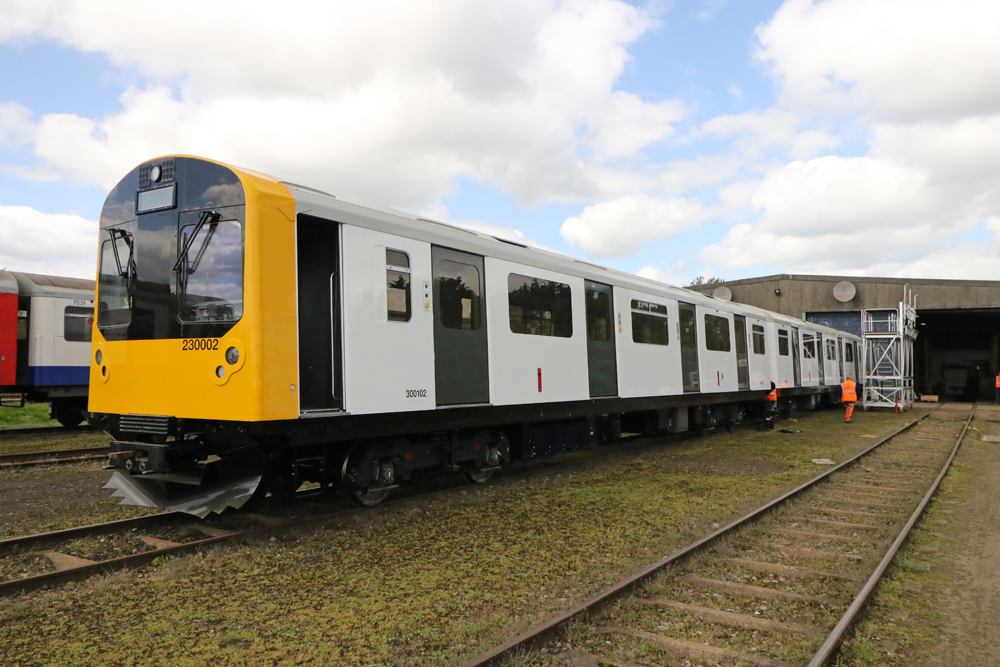
LONDON — Vivarail, the British passenger train re-manufacturing company owned by the Pittsburgh-based Railroad Development Corp., has won a contract to provide battery trains for passenger service in the suburbs west of London.
Vivarail has developed a range of passenger trains using electric, diesel, and battery power which are now in regional service in England and Wales. All the trains use carbodies from older London large-profile subway cars, which, apart from body shell and trucks, are completely remanufactured.
Vivarail demonstrated its new all-battery train, equipped with rapid recharging capability, at the COP26 climate summit held last year in the UK. The same demonstration train will be used for the new London operation, which will begin later in 2022.
The Vivarail Class 230 train will operate the short but intensively operated 2.5-mile route from West Ealing to Greenford, with 12-minute journey times. The rapid recharge technology will be used to top up the trains’ batteries during short stops at West Ealing. The train can operate 62 miles between recharges, which can take as little as 10 minutes. To operate the entire daily service of 33 round trips, the train will cover 165 miles, meaning it will need to recharge at least twice a day. Existing route operator Great Western Railway will lease the Vivarail train for the trial operation, which will be partially funded with $3 million from the British Department for Transportation.
The number of battery-powered trains are rapidly expanding in Europe, with substantial orders in Germany in particular. However, the new trains being ordered are normally a mix of EMU and battery power, using the batteries only where there is no electrified railway and recharging them where there is. The Vivarail concept of battery-only trains that rapidly recharge between services represents a variation on this approach, and could be used anywhere so long as a rapid charge facility is installed somewhere on the route.
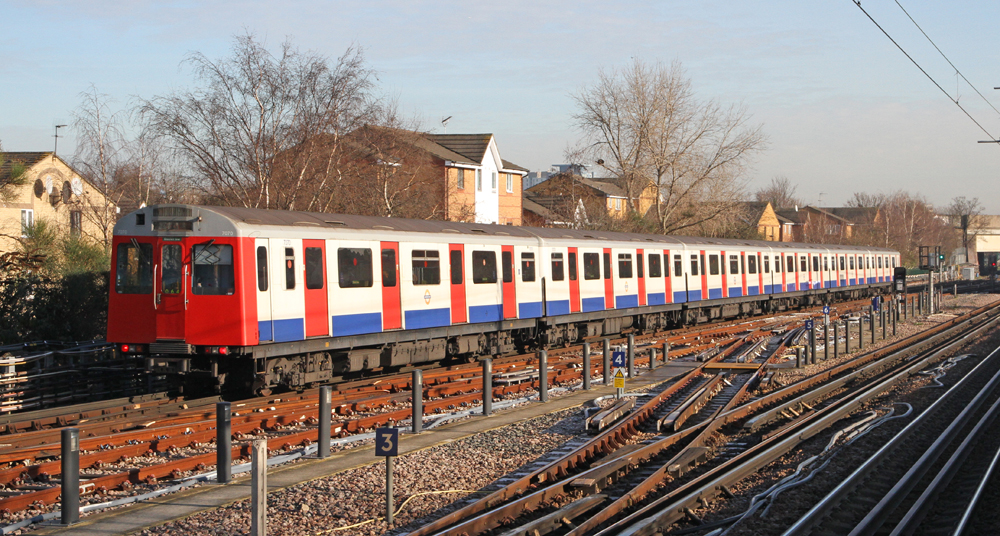






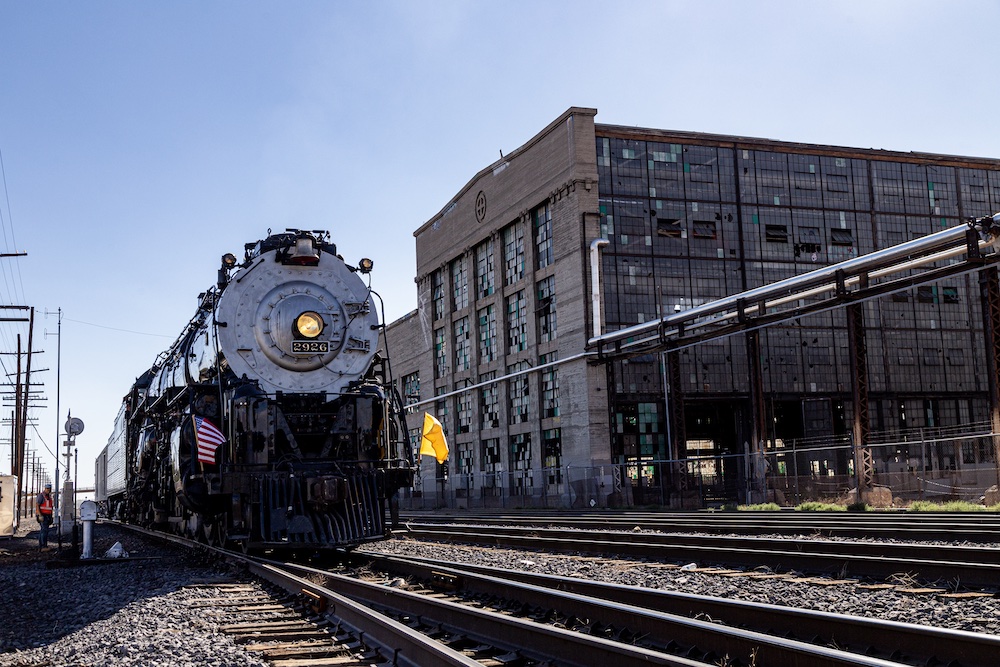
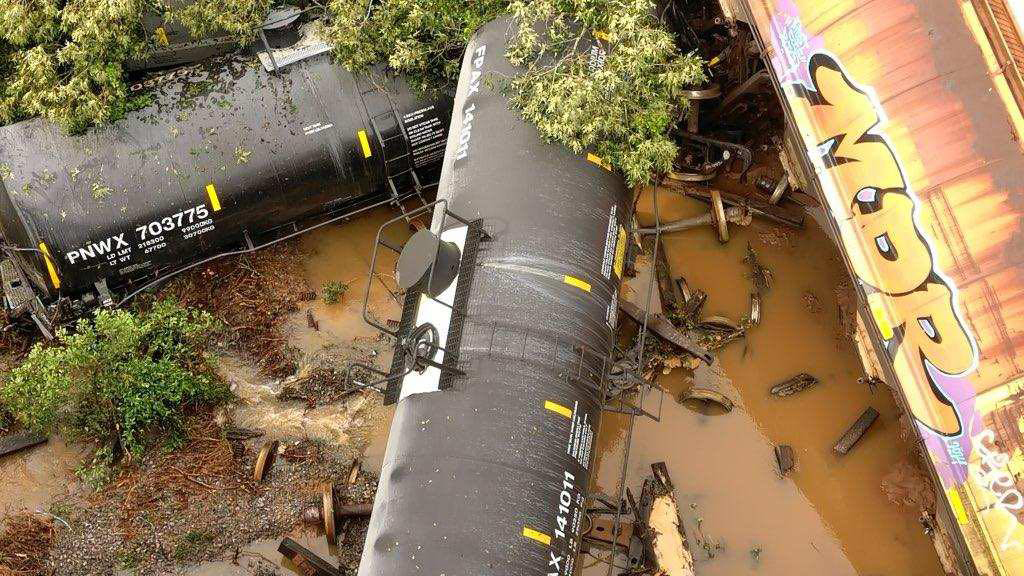

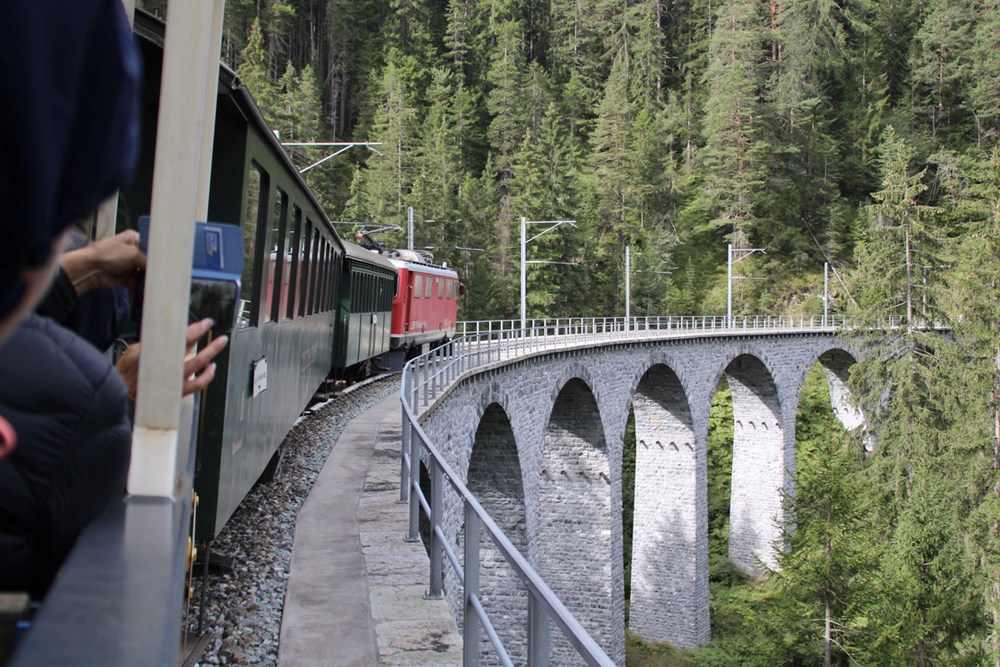




I’d like to know what’s going to happen to all these BIG batteries when they reach the end of there life cycle?
They will be “recycled” in factories that require enormous amounts of energy and emit all sort of scuzz.
And impending environmental disaster to dispose of safely. Worse yet, most the rare earth minerals needed make batteries comes from our largest trader partner and foe, Communist China.
Another step toward the mindless ecological disaster of battery-powered everything. God help us as this takes over the world.